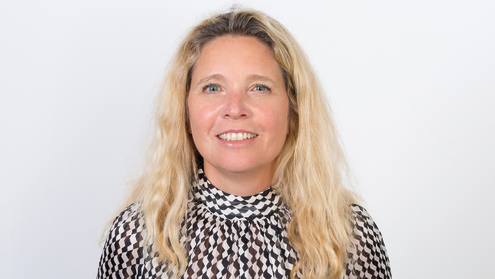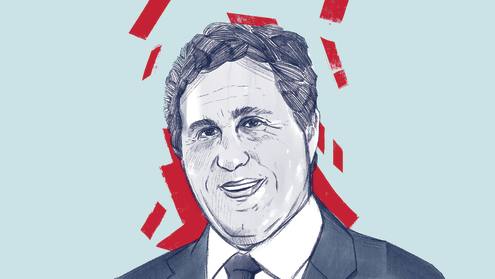When Alexei Kudrin was appointed finance minister of the Russian Federation by then newly elected president Vladimir Putin, his in-tray was still dominated by the fallout from the financial sector meltdown and government default of 1998. After eight years and a promotion to deputy prime minister, Russia’s foreign exchange reserves are at more than $580bn after a sustained period of high oil prices, financial sector asset growth is close to 50% per year, and ratings agency Standard & Poor’s (S&P) forecasts Russian GDP to overtake that of Brazil in 2010, becoming the world’s ninth-largest economy.
But just in case anyone should think the job is getting easier for The Banker’s 2005 European Finance Minister of the Year, 2008 has served up timely reminders that investor perceptions and market conditions can change all too quickly. The global credit crunch exposed high levels of external borrowing by Russian banks and companies, triggering banking sector illiquidity despite the petrodollars. Inflation is doggedly in double figures, and critics warn that government efforts to bring down food and raw materials prices by price controls, or price-fixing charges against companies such as coal producer Mechel, could make things worse by jeopardising production.











